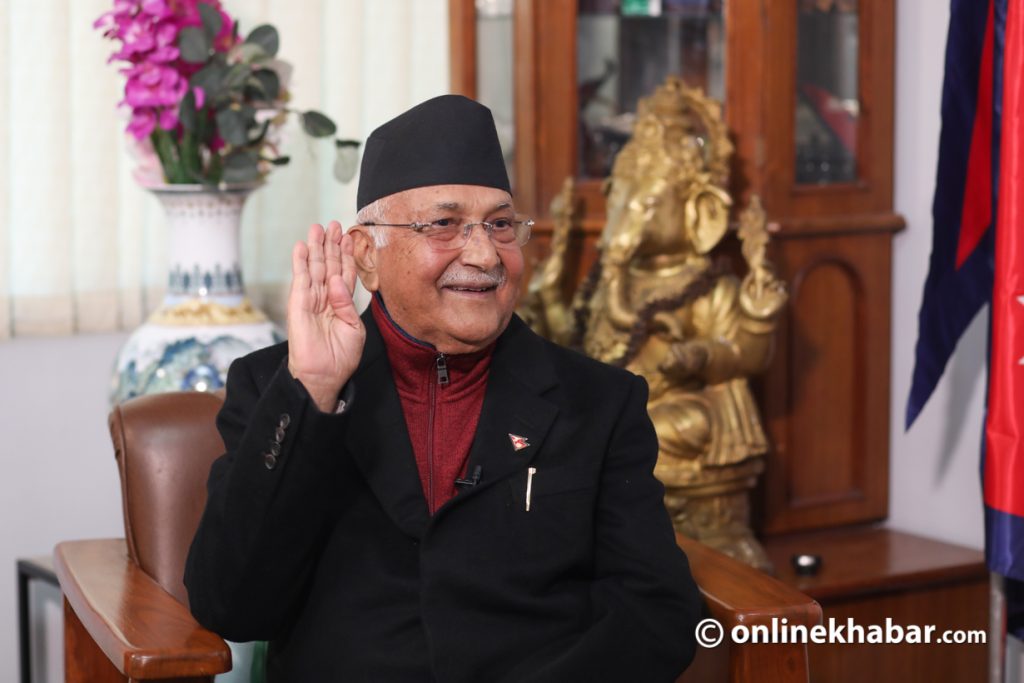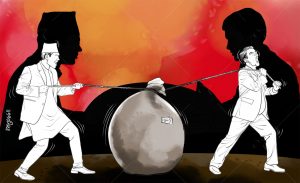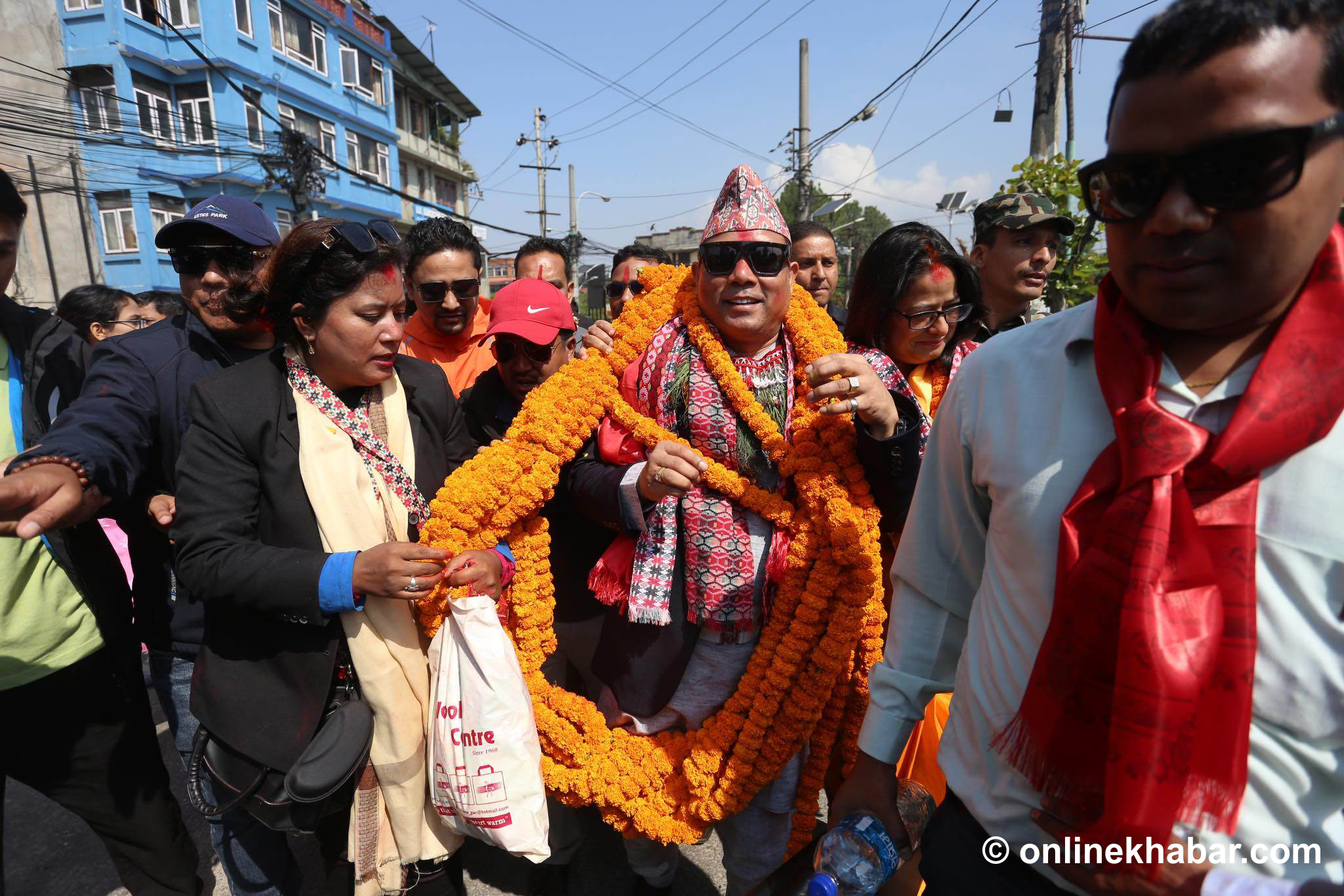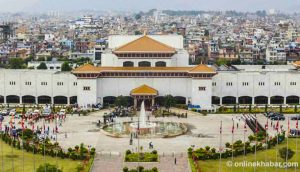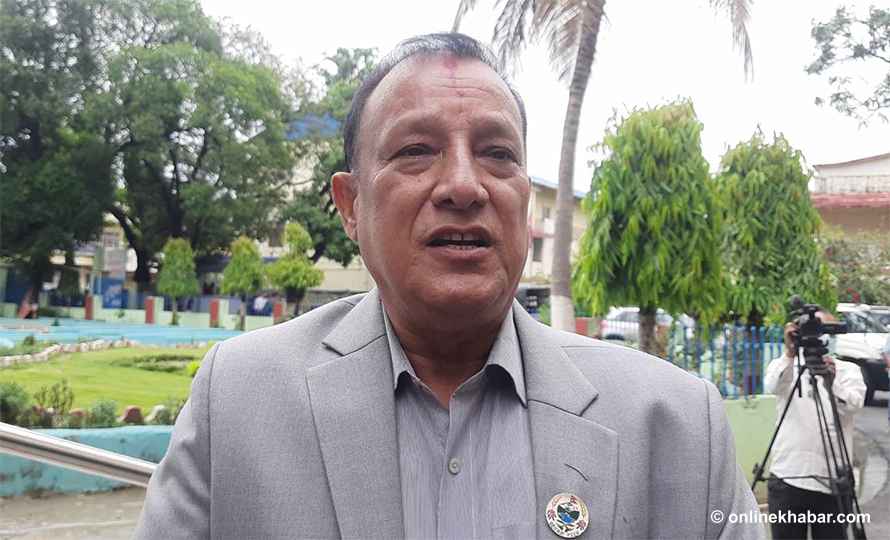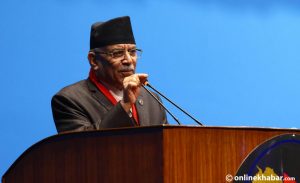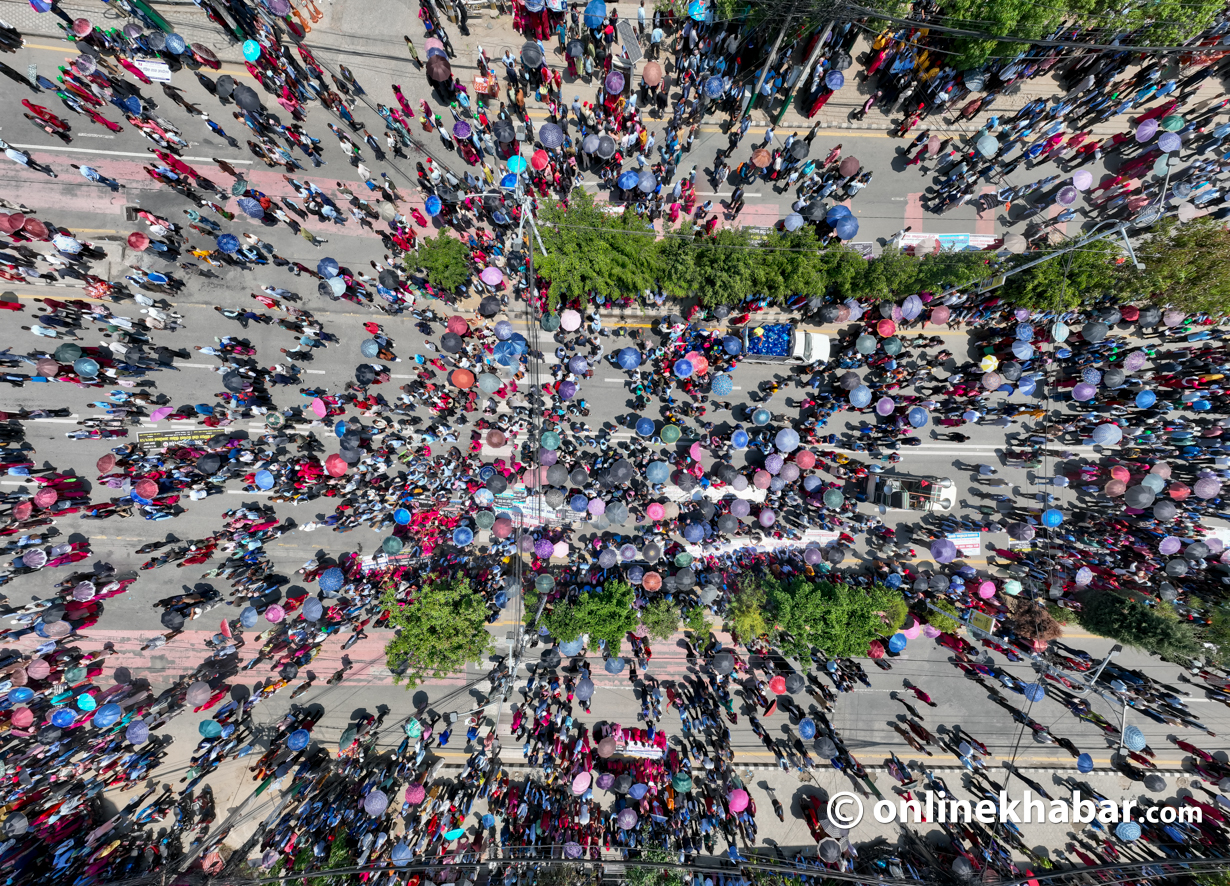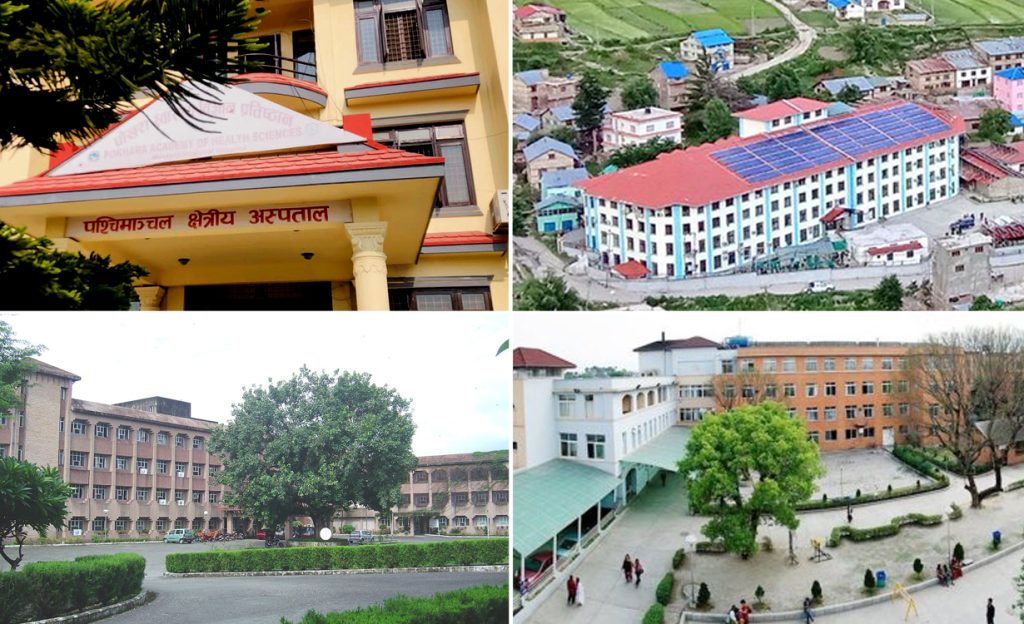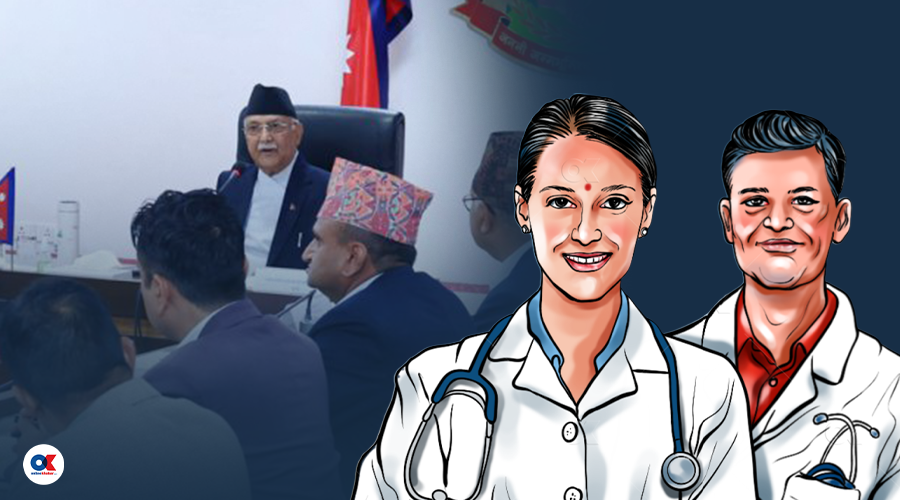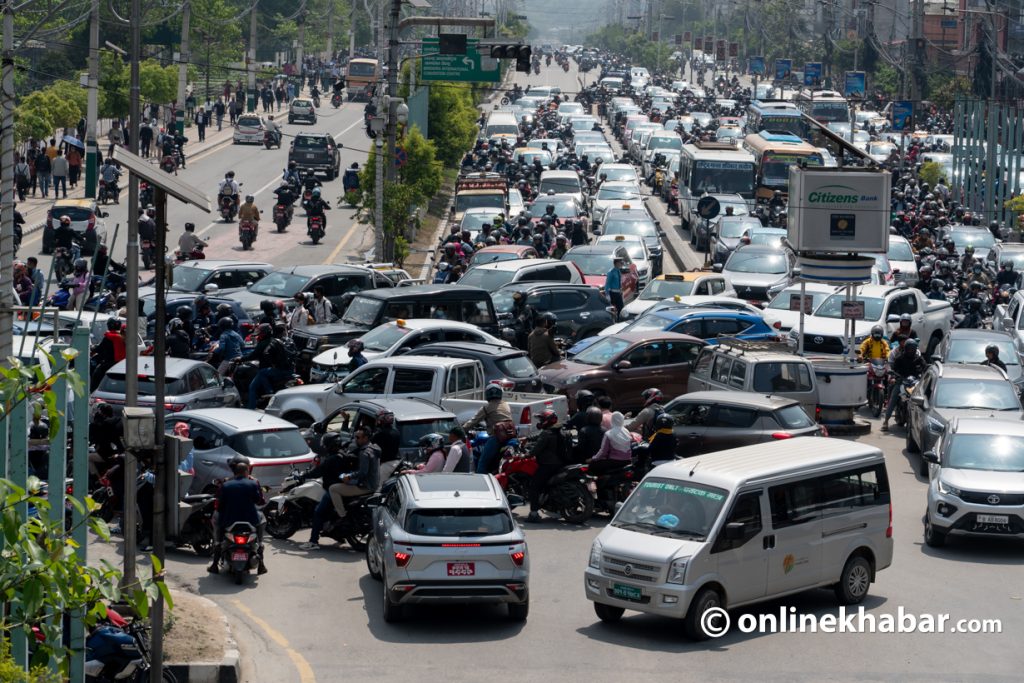Dolakha’s Shailung rural municipality has been one of the best local units in the country. Even though the area is quite remote, the work done by the elected representatives of the rural municipality has been lauded by everyone, even the Office of the Auditor-General.
The representatives have improved the living standard, promoted agriculture and developed the place as a tourist destination too. Since the locals like the work of the officials so much, they are asking the chair of the rural municipality, Bharat Prasad Dulal, to recontest in the forthcoming local elections and improve the rural municipality even more.
But, for Dulal, this is easier said than done.
“I won’t recontest,” says Dulal. “I spent around Rs 4 million during last the election. This time, it’s going to cost even more. I’m still paying the loans I took for the last election. There is no way I will contest because I don’t have that kind of money.”
This shows how money plays an important role in the elections in Nepal. Experts say it costs more money to contest local elections than it does at the central and provincial levels. People take loans at extortionate rates to try to win the elections which poses an important ethical question: Can only people with money contest elections in Nepal?
Costly elections in Nepal

To curb this, the Election Commission has set a spending limit for candidates. But, most candidates spend a lot more than this not because they want to but because they have to.
According to the commission, a mayoral candidate of a metropolitan city cannot spend more than Rs 750,000. When it comes to a sub-metropolitan city, a mayoral candidate can only spend Rs 550,000. For municipalities, the number is set at Rs 450,000 and for rural municipalities, the ceiling is set at Rs 350,000.
According to a study conducted by the Asia Foundation, the candidates in the 2017 elections in Nepal had spent up to 136 per cent more by trampling the limits set by the commission. Expenses incurred in this way are not transparent or are hidden and they even lie while submitting expenditure details to the Election Commission.
Krishna Prasad Sapkota, elected from Kavre in the first Constituent Assembly, says almost all candidates spend more than the limit set by the commission. He says even the commission knows this, but the commission still accepts the fabricated details provided by the candidates.
And, he is right. According to the study by Asia Foundation, candidates spent over Rs 50 billion during the 2017 local elections.
The study adds around Rs 50.95 billion had been spent in the 2017 elections in Nepal–including local, provincial and federal ones. The report of the Election Observation Committee also revealed the expenditure which stated that the parties, candidates and party well-wishers spent about Rs 5,000 per voter, or about Rs 70 billion in the federal, provincial and local elections in Nepal in 2017. This is not a transparent expenditure. The cost was done to impress the electorate.
Gajendra Bahadur Mahat, a first-past-the-post member of the House of Representatives from Jumla, sheds light on the issue. He says the candidates have to spend on both the voters and party cadres.
“During the time of elections in Nepal, we have to spend on the cadres who support us and the voters who vote for us. Why? Because there is a belief system that since candidates are desperate, they will offer anything be it money or fuel or goods,” says Mahat.
The need for reform

Former Chief Election Commissioner Bhoj Raj Pokhrel, who has been raising his voice for the reform of the electoral system, has prepared a long report regarding the distortion.
“Candidates that appear out of the blue are the ones spending more during elections in Nepal than what the commission sets,” he writes in his report prepared for the Policy Research Institute. “And since they spend so much money, they practically buy votes and win the election too.”
He says the distortion also takes place because people who win the elections start amassing money for the next election so they can repeat the same thing and win again. This, Pokharel believes, will institutionalise corruption in the country as elected representatives work under the influence of interest groups who promise to help them in the next election too.
“This will throw good governance out of the window,” he says.
Many party leaders feel elections in Nepal are rigged since there is no monitoring of how much a person can spend.
“The Election Commission should monitor each candidate and how much the person is spending,” says Ashta Laxmi Shakya, vice-chair of the CPN-UML. “We need a stricter policy.”
She further argues discussions should be initiated on if the country should implement the proportional representational system. “Now, it seems that the electoral system should be discussed and we should go for a proportional representational system.”
Former commissioner Pokharel says there is hope for change. But for that, he believes all candidates should submit their source of money in advance. He says if the person cannot show a valid source or is helped by a donor, penalties should be levied on the party and its candidate. This can happen by including a no vote provision on the ballot paper itself, argues Pokharel.
Likewise, he says elections in Nepal could be improved by reducing the number of people elected at the centre, allocating seats in proportional representation only to those who are really lagging behind in proportional representation, and letting only independent candidates contest at the local level.
“The government should provide grants based on the criteria set for the management of the party’s expenses. Apart from that, the commission should also ask for the amount a donor offers to party throughout the year. This will help them keep things in check,” says Pokharel.
Reluctance to become a candidate

Since it is so expensive to contest elections in Nepal, many like Dulal from Shailung rural municipality, are not contesting the local elections this time even though they have the potential to lead.
Giriraj Mani Pokharel, a central committee member of the CPN-Maoist Centre, agrees people without money cannot contest elections. He says this is why the country sees businesspersons getting into politics.
“A candidate needs money to contest elections in Nepal. It’s a sad reality that people who worked hard and fought to change this rarely get to contest elections,” the Maoist leader says.
Like Dulal, Gajendra Bahadur Mahat from Jumla also does not want to contest the coming elections. He believes that the cost to win outweighs the return.
“I spent Rs 6 million last time. The only way I get that kind of money is if I take help from businesspersons. And when I do that, I will have to help them out,” says Mahat, adding he does not want to be influenced in any way.
In the 2017 election, CPN-UML Vice-Chairman Yubaraj Gyawali refused to contest for financial reasons. He feared that if he did contest, he needed to take help from the capitalists and not wanting to do so decided to stay away from it.
“Many people go through this and we need to change it,” says Shakya.
This story was translated from the original Nepali version and edited for clarity and length.







